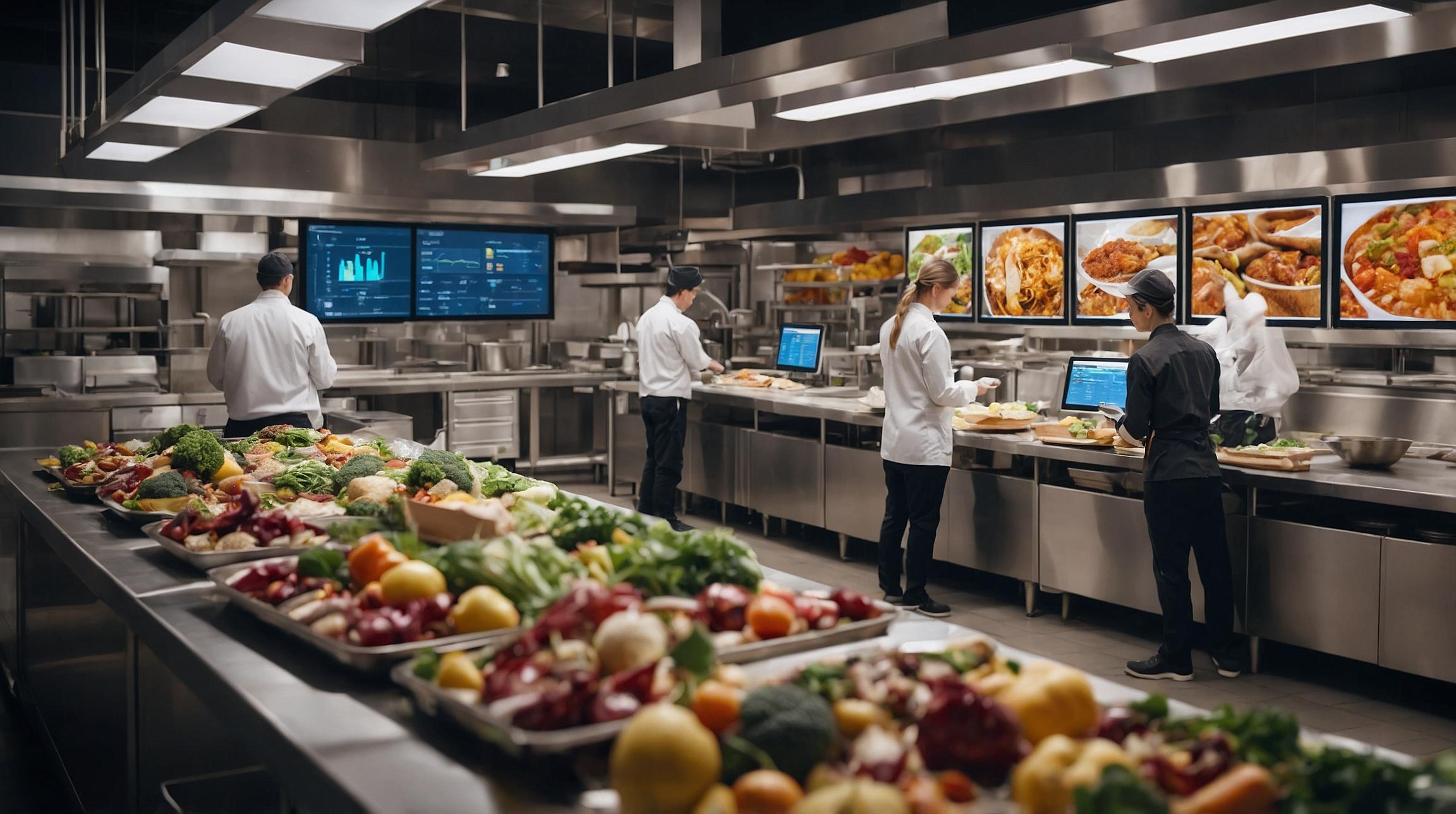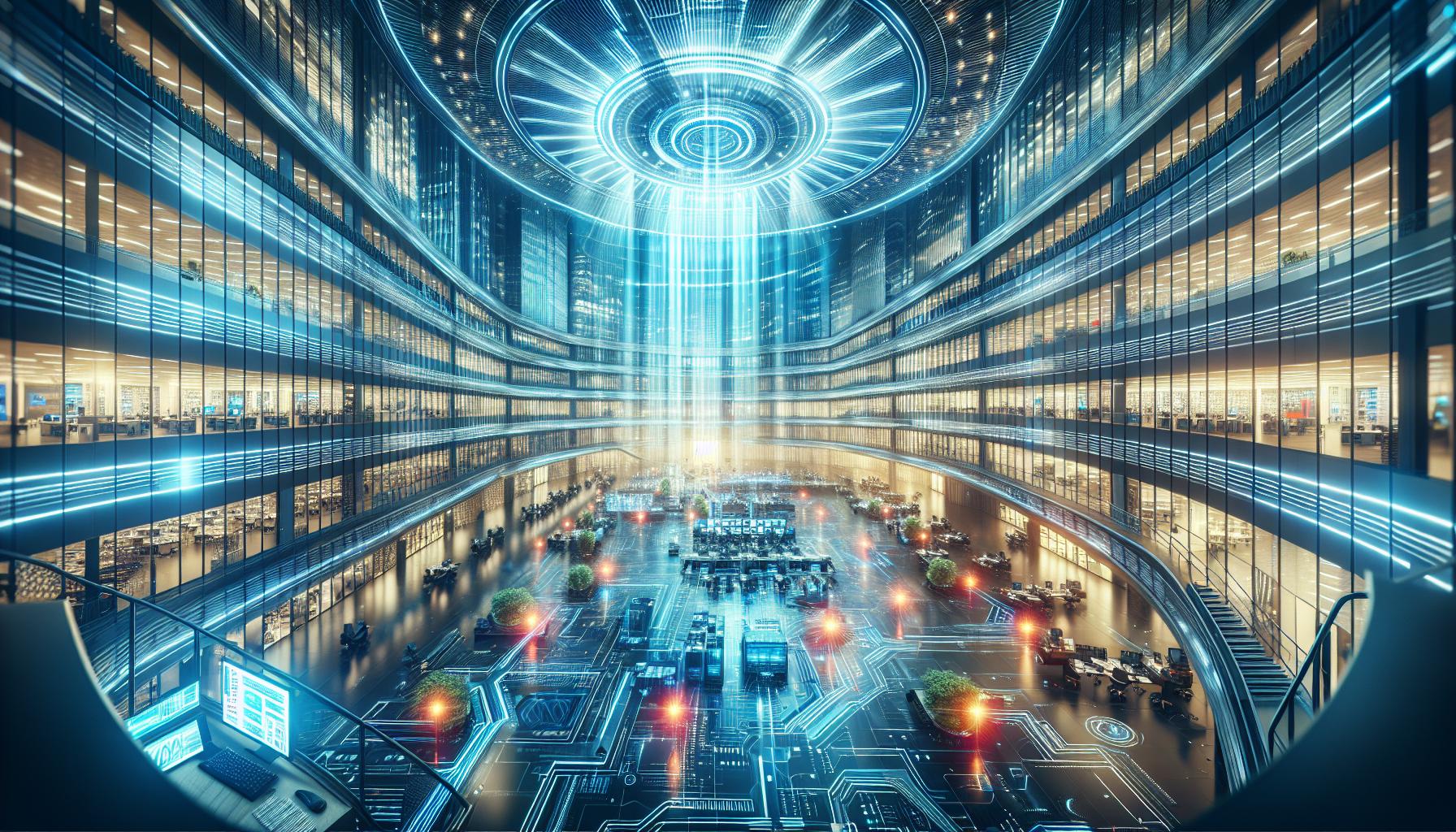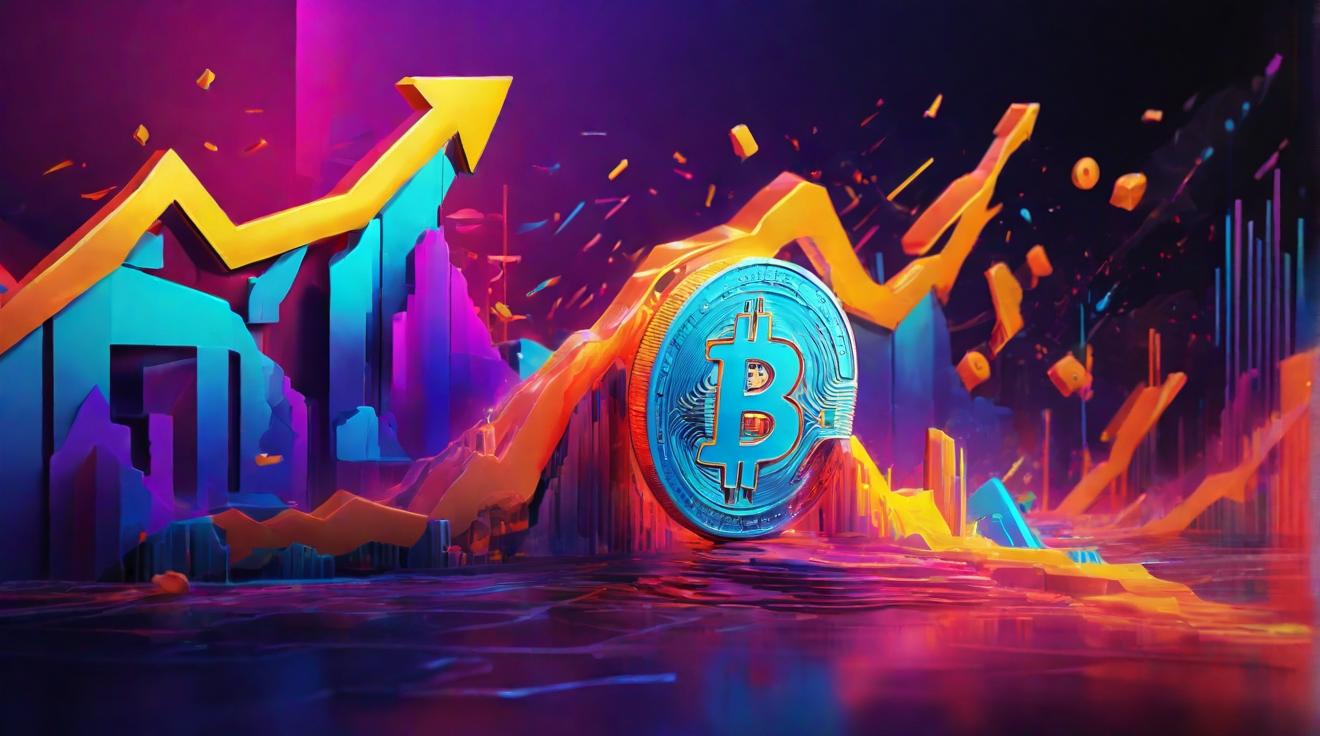The High Cost of Food Waste
In the U.S., food retailers discard approximately $18 billion worth of food annually, which is about double their total net profits. This staggering statistic highlights the urgent need for innovative solutions to reduce waste and improve profitability.
How AI is Transforming the Food Industry
Businesses are increasingly turning to artificial intelligence (AI) to tackle food waste. AI systems equipped with cameras and computer vision technologies analyze what is being discarded in restaurant trash bins. Machine learning algorithms help by offering discounts on food nearing expiration and forecasting demand to optimize ordering processes.
Example of AI in Action
Cornell University researchers, in collaboration with AI technology developer Winnow, are exploring models to measure and classify food waste in restaurants. Their basic setup, using a scale and a tablet, resulted in a 29% reduction in waste within three months. With the integration of computer vision, they achieved an additional 30% reduction.
AI's Broader Impact on Food Waste
AI is not only helping restaurants but also grocery stores. Danielle Joseph from Closed Loop Partners highlights how AI innovations can reduce waste before it even reaches consumers. A pilot across West Coast grocery stores demonstrated a 14.8% reduction in food waste, preventing over 26,000 tons of CO2 emissions.
Implementing AI Solutions
While transitioning to AI-powered systems can seem daunting, the potential benefits are significant. For instance, Albertsons Companies implemented the Afresh platform across 2,200 stores to optimize their meat and seafood departments, illustrating the effectiveness and scalability of AI solutions in the food industry.
Conclusion
Artificial intelligence is proving to be a powerful tool in reducing food waste and emissions, offering financial benefits to businesses. As more companies adopt these technologies, the potential for environmental and economic gains is immense.













